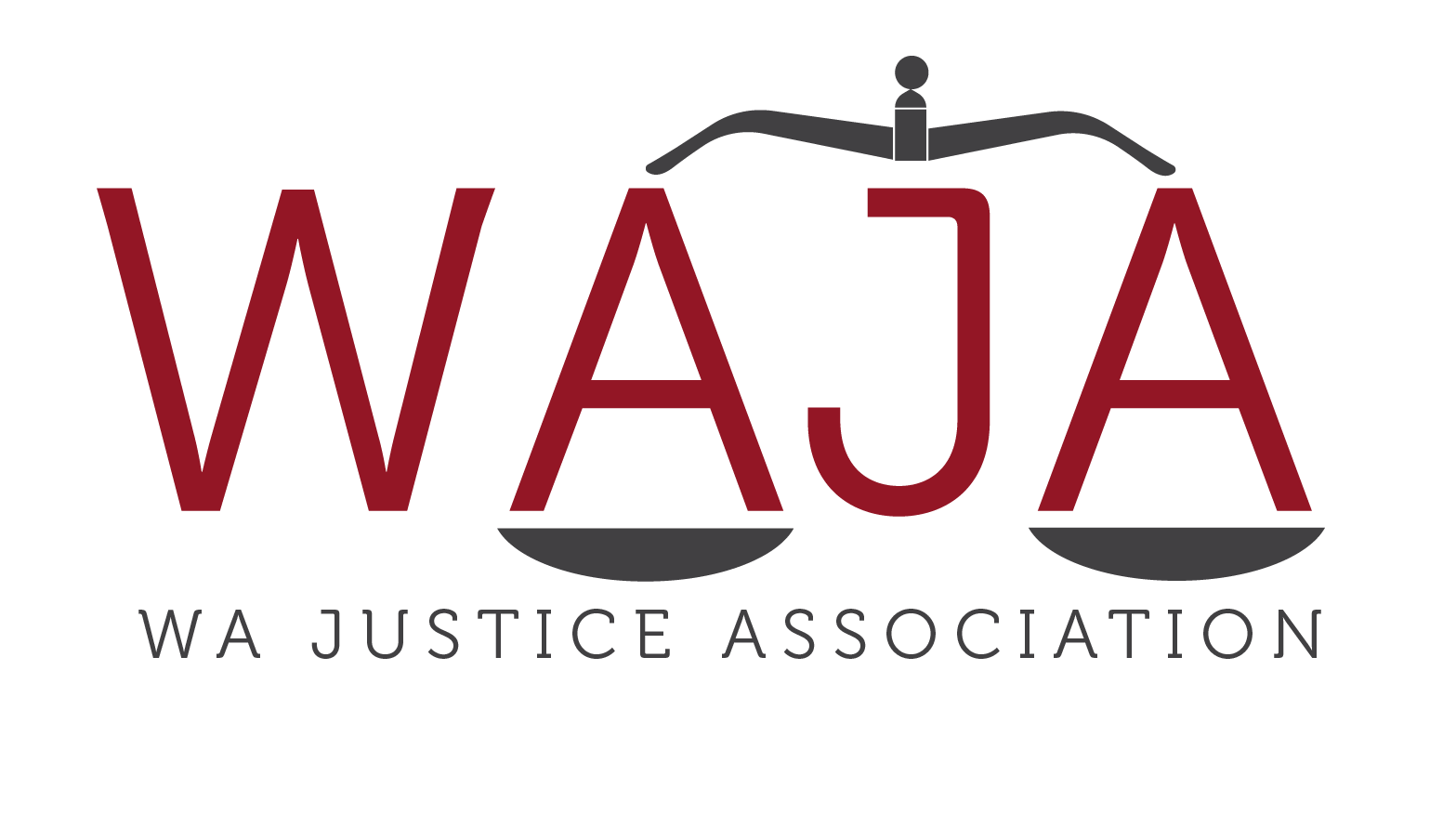My name is Tom Penglis, and I am both an ex-prisoner and a law student who is passionate about legal and social issues. As founding Executive Director of the WA Justice Association (WAJA), I believe this gives me a unique perspective on social justice issues in WA.
In August 2019 I was convicted of drug-related charges and sentenced to 15 months imprisonment. I was released on parole in April 2020, and in November 2020 my full-term sentence expired. On a personal level, this experience was both extremely challenging and emotional, yet also offered an opportunity for me to reflect and grow as an individual. It made me realise I have a lot to be grateful for – a loving family, supportive friends, and career opportunities, just to name a few. Unfortunately, the same can’t be said for a lot of the guys I met in prison.
On a broader level, my incarceration exposed me to the failings of WA’s criminal justice system as a means of effectively dealing with people who commit crimes. It also opened my eyes to the injustices that continue to plague our society; particularly the tremendous overrepresentation of Indigenous Australians at every step of the criminal justice system.
For most of my sentence I worked in Acacia Prison’s Resettlement Office, a small department that linked prisoners with external support services, and managed many of the internal support services available to prisoners. My job included helping prisoners with problems relating to drivers’ licenses, identification, and drug and alcohol support, among other things. It was also my role to give the induction presentation to new inmates. In this role I learnt a lot about the problems facing prisoners in WA, and the availability (or lack thereof) of support services that could assist in solving these problems. It also put names and faces to those people so often villainised or reduced to statistics in discussions regarding criminal justice.
In this role I also helped prisoners structure and write their parole applications. This required the inmates to effectively tell me their ‘life stories’, which are inherently very personal. I consistently found myself humbled by their openness and raw honesty. Through these stories, it became apparent to me that the typical WA prisoner is a traumatised, damaged person in need of help, as opposed to an inherently bad person deserving of punishment.
Living with Indigenous inmates and listening to their stories during my time in prison was also an extremely edifying experience. Hearing their perspectives on the social issues affecting them was incredibly humbling, and something that will stick with me for the rest of my life. It is very clear to me that no conversation regarding criminal justice reform can be tabled without reference to Indigenous issues and without the inclusion of Indigenous voices. For this reason, WAJA aims to include Indigenous decision-makers on our Board as well as in our project teams.
Through my experiences, I am now acutely aware that features of the WA justice system are ultimately failing our community. It is still primarily a punitive construct. Despite efforts to add rehabilitative elements to this punitive core, the outcomes achieved leave much to be desired. Too many people are being incarcerated. This fact has been made abundantly clear from reports by the Inspector of Custodial Services and Department of Correctional Services over recent years. If there is one thing that I am sure of after my time in prison, it is that the current system of criminal justice must change.
My hope is that through WAJA, students will be able to meaningfully contribute to this goal and effectively work towards improving WA’s justice system. In doing so, I truly believe we can make a positive change for people coming into contact with the justice system, their families, and the broader community.
Tom Penglis - WAJA Founder


